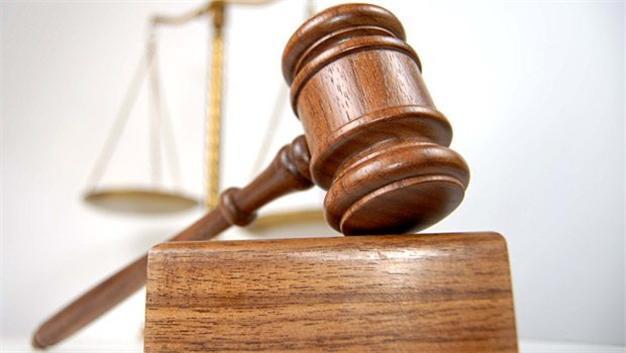Turkey’s top court rules against state in torture victim’s appeal
ANKARA

Turkey has failed to fulfill its “positive obligation” to effectively prevent torture and ill treatment, the country’s top court has ruled in a case filed by a person who was tortured while in custody.
According to the ruling published in the Official Gazette on Dec. 22, the applicant will be paid 30,000 liras for non-pecuniary damages.
The applicant, H.A., was taken into custody in 2002 in the southeastern Anatolian province of Mardin on charges of aiding the outlawed Kurdistan Workers’ Party (PKK) as a courier. An investigation was opened upon H.A.’s complaint that he was “tortured and sexually assaulted” while in custody.
Following an 11-year legal process between local and upper courts, police officers in the investigation were cleared of “sexual assault” charges but were sentenced to 10 months in prison each for “ill treatment and torture” by the Mardin 2nd Serious Crimes Court. The court, however, suspended the sentences.
After his appeal against the ruling was rejected, H.A. filed an individual application to the Constitutional Court in March 2013.
The 10-month sentences were not “proportionate” given the characteristics and significance of the crimes committed, the Constitutional Court said in its ruling while drawing on decisions made by the European Court of Human Rights (ECHR) in similar cases.
The high court also said the lack of an appropriate penalty for the torture meant there was no deterrent for future acts of torture.
The ruling also created the perception that public servants who are proven guilty of torture and ill-treatment are “tolerated” and could “encourage” colleagues to employ similar treatment in similar incidents, the court said.
“It is overt that the ruling may also harm the confidence of individuals in the mechanism of the state and the judiciary,” the Constitutional Court said.
 Turkey has failed to fulfill its “positive obligation” to effectively prevent torture and ill treatment, the country’s top court has ruled in a case filed by a person who was tortured while in custody.
Turkey has failed to fulfill its “positive obligation” to effectively prevent torture and ill treatment, the country’s top court has ruled in a case filed by a person who was tortured while in custody.